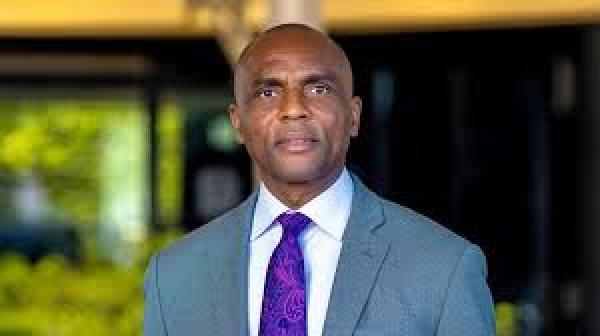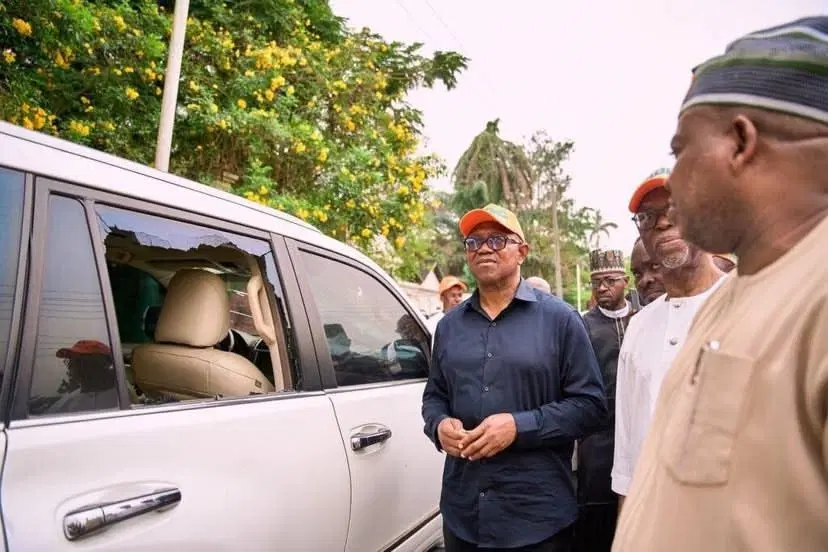
The minimum wage is the absolute lowest amount that an employer must legally pay a worker per hour or month. These laws were introduced to tackle worker exploitation and help low-income families meet their basic requirements like food, water, and security. Moreover, minimum wage rates vary across cities and countries. Generally, these rates tend to be higher in advanced countries compared to developing ones. This reflects the differing economic contexts and priorities across regions.
In Africa, minimum wage rates are among the lowest globally, and this might not be shocking considering that many of its countries are still developing. However, it's worth noting that even on the continent, there are variations, and workers in some countries have a better shot at earning higher wages compared to others.
Legislations regarding minimum wages vary significantly across countries. The minimum remuneration of employees is usually proportionate to a specific area’s cost of living. Determining a minimum wage aims to increase employees' living conditions while reducing poverty and inequality. Due to rising prices and inflation, governments occasionally adjust the minimum salary. In Africa, Sierra Leone experienced the highest increase in the minimum wage in recent years, with a growth of almost 30 per cent between 2010 and 2019. However, governments can also lower minimum wages as Liberia and Burundi reduced the lowest possible remuneration by around 14 per cent and eight per cent respectively between 2010 and 2019. However, Seychelles boasts the highest estimated minimum gross monthly wage, standing at $465.4. Following closely are Libya and Morocco in the rankings.
Nigeria’s minimum wage, the benchmark for money receivable by workers in Africa’s biggest economy at N30,000 (about $20) is the lowest among some countries across Africa. Meanwhile, as of 2023, workers in Seychelles, Libya, Morocco, Gabon, South Africa, Mauritius, and Equatorial Guinea have $456, $325, $315, $256, $242, $240, and $224 respectively as their minimum “take home” at the end of the month.
Nigeria’s national minimum wage has been N18,000 for seven years until it was increased to N30,000 in 2018, an amount it has remained for the past six years. In January 2024, the Federal Government inaugurated the tripartite committee responsible for deliberating on the national minimum wage which was inaugurated by Vice President Kashim Shettima. A 37-member panel was constituted at the Council Chamber of the State House in Abuja, comprising representatives of the federal and state governments, the private sector, and organised labour. The committee’s mandate is to propose a revised national minimum wage for the nation.
CEOAFRICA reported how the Federal Government said although the Tripartite Committee on National Minimum Wage is yet to conclude its negotiations, workers will not lose anything as the new minimum wage will take effect from May 1, 2024. On the other side, the Nigeria Labour Congress (NLC) and the Trade Union Congress (TUC) have at various times called on the administration of President Bola Tinubu to hasten the upward review of wage awards. Of late, the Organised Labour demanded N615,000 as the new minimum wage for workers to cope with the many economic realities and high cost of living in Nigeria.






















